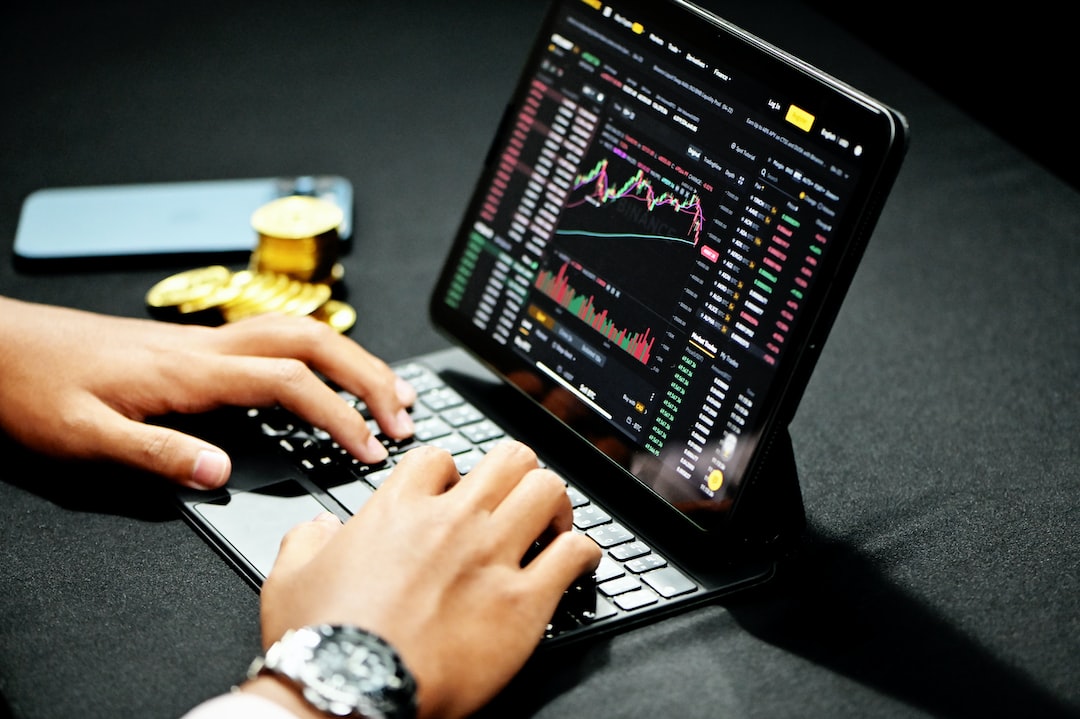
The forex market, or foreign exchange market, is one of the largest and most dynamic financial markets in the world, with a daily trading volume exceeding $7 trillion. Navigating this complex market requires more than just intuition; it requires a solid understanding of forex trading, strategies, and the economic principles that drive currency movements. If you’re new to forex or looking to refine your trading skills, building a robust knowledge forex education materials. Here’s a curated list of learning materials and resources to get you started.
1. Books on Forex Trading
Books are a timeless resource when it comes to building a foundation in forex. Start with beginner-friendly guides like “Currency Trading for Dummies” by Kathleen Brooks and Brian Dolan. It offers a comprehensive overview, simplifying key concepts and basic trading strategies.
For traders looking to expand their skills, “Technical Analysis of the Financial Markets” by John Murphy is a classic that dives deep into technical charts, indicators, and patterns.
One more advanced read would be “Forex Trading Using Intermarket Analysis” by Louis B. Mendelsohn, which explores correlations between forex and other markets such as commodities and equities.
2. Online Courses and Tutorials
Online platforms like Coursera, Udemy, and Babypips.com offer structured courses tailored for every skill level. Babypips’ “School of Pipsology” is particularly popular among beginners, providing free and interactive content that covers everything from the basics of forex to risk management strategies.
Udemy, meanwhile, provides affordable premium courses such as “Forex Trading A-Z” by Kirill Eremenko, ideal for those who want a step-by-step walkthrough of forex trading fundamentals.
3. Forex News and Data Platforms
Staying informed about market trends and breaking news is critical for forex traders. Websites like Forex Factory, Investing.com, and DailyFX offer real-time updates, market calendars, and expert analysis. These platforms not only boost your knowledge but also help you react quickly to market-moving events.
4. Demo Accounts for Practical Learning
Theoretical knowledge means little without practice. Many trading platforms like MetaTrader 4 and TradingView offer demo accounts. These allow you to simulate live trading without risking real money, making them invaluable tools for converting your forex knowledge into practical skills.
5. Community Forums and Webinars
Engaging with the forex trading community can help you gain insights from experienced traders. Participating in forums like Forex Factory or attending webinars hosted by trading platforms like IG and FXCM allows you to ask questions, discuss market strategies, and connect with other traders.
Building a solid forex knowledge base requires a mix of reading, practical learning, and staying informed. By tapping into the right resources and dedicating time to practice, you’ll set yourself on the path toward becoming a confident and informed forex trader. Happy trading!
